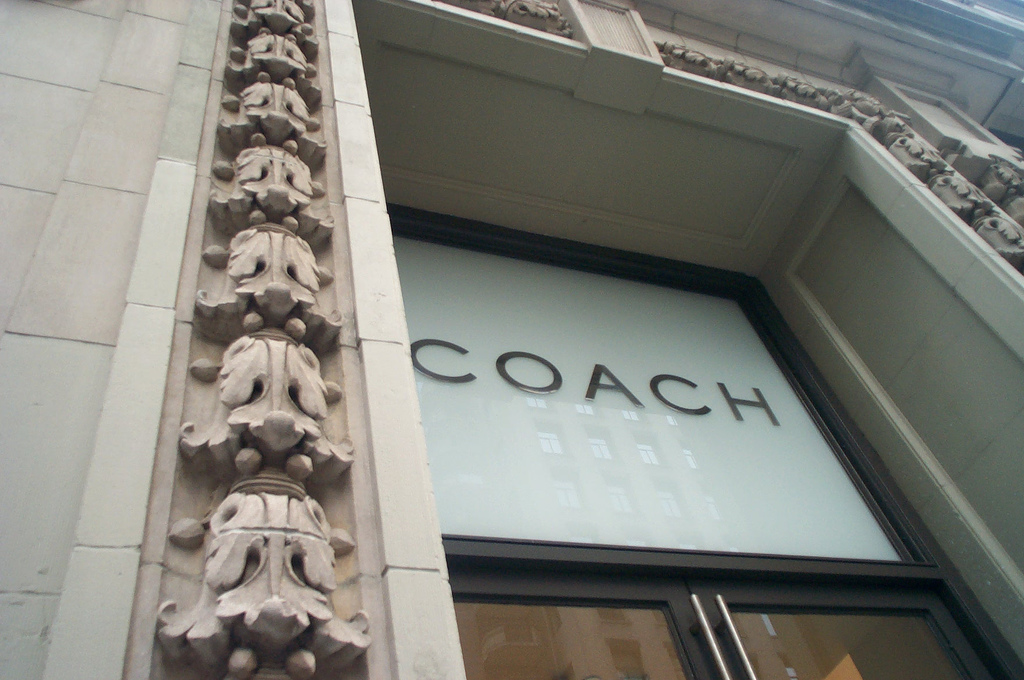When you say you’re selling an item for 30% off of some higher original price, there are rules about how real that “original” price has to be. If that reference is made up, or the item never actually sells for that price, you can land yourself in some legal trouble. And now sources say that the Federal Trade Commission is having a look to see if that’s what Amazon is up to. [More]
list price

Report Claims Amazon’s List Prices Mislead Shoppers About Discounts
One aspect of shopping on Amazon is that the online retail giant appears to offer significant discounts on many of the items it sells. However, a new report alleges that these markdowns not as generous as they appear, and that many of them are effectively nonexistent. [More]

Coach Is Already Doing Better By Raising Purse Prices
Accessory companies haven’t been doing so well for the last few years, especially brands that are pricey but not too pricey, like Coach, Michael Kors, and Kate Spade. A few years ago, Coach decided to pursue wealthier customers and sell higher-priced bags, and that strategy is apparently paying off. [More]

Is It Legal To Use Out Of Date List Prices For Comparison On Sales?
Last week we pointed out how Apple artificially inflates the discount of its refurbished units by using the original introductory list price as a comparison, even if the price has since dropped and the true list price is now lower. Now a reader writes in to say he caught Toys R Us doing the same thing on sale prices of Playstation 3 bundles and 30 gig Zunes. Our question: is this legal? New York City’s consumer protection law seems to imply that—at least for retailers doing business in NYC—it’s not, unless you clearly indicate the trail of price reductions, something neither company is doing.


